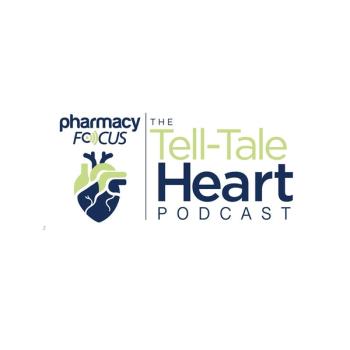
Topical Formulation of Xeljanz Reduces Severity of Psoriasis Plaques
In the first reported clinical study of topical tofacitinib, investigators concluded that the Janus kinase inhibitor effectively reduced the clinical signs of psoriasis.
In the first reported clinical study of topical tofacitinib, investigators concluded that the Janus kinase inhibitor effectively reduced the clinical signs of psoriasis.
Investigators saw a statistically significant improvement in the severity of target plaques in 71 patients with moderate to severe plaque psoriasis, according to
The Phase IIa study, published in the July 8, 2013, issue of the British Journal of Dermatology, included 10 treatment centers in the United States and Canada and enrolled 71 patients 18 years and older. All subjects had a diagnosis of mild to moderate plaque psoriasis covering ≤10% of their total body surface area.
Patients were randomly divided into 4 treatment groups of 2 different ointment formulations: vehicle 1, ointment 1 with 2% tofacitinib; vehicle 2, ointment 2 with 2% tofacitinib. The proprietary ointment formulations differed by 1 excipient, which was a penetration enhancer.
Treatment was administered to each group twice daily for 4 weeks to a single fixed treatment area of 300 cm2, including at least 1 target psoriasis plaque with a target plaque severity score of ≥5.
The researchers found that the mean total lesion score for the plaques (based on erythema, scaling, and thickness) decreased from baseline by nearly 55% with the use of ointment formulation 1. Participants in the ointment 1 group reported a decrease in itching, and both ointment formulations were tolerated well by study participants.
“Tofacitinib targets inflammation associated with inflammatory diseases, such as RA and psoriasis, from inside the cell,” noted a representative from Pfizer. “Specifically, tofacitinib targets the JAK pathways, which are thought to play a role in the chronic inflammatory responses involved in these types of diseases. By inhibiting these JAK pathways, tofacitinib reduces cytokine signaling important for each disease. These cytokines, when overactivated, result in the immune and inflammatory response, which characterizes psoriasis.”
Psoriasis is the most common autoimmune condition in the United States, affecting an estimated 7.5 million Americans, according to the National Psoriasis Foundation. August is National Psoriasis Awareness Month, and the advocacy organization recently launched
Newsletter
Stay informed on drug updates, treatment guidelines, and pharmacy practice trends—subscribe to Pharmacy Times for weekly clinical insights.

































